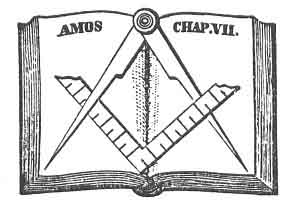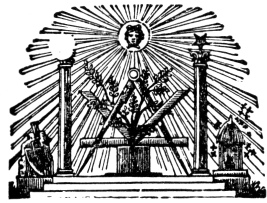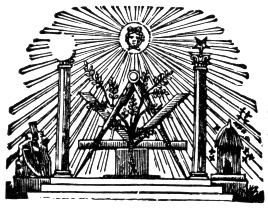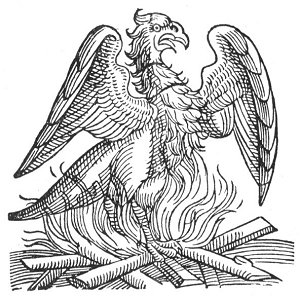p. 42
folded back upon themselves. In the vast cosmical changes the universal life comes and goes in unknown quantities, enveloping all in the invisible mystery of the emanations, losing no dream from no single sleep, sowing an animalcule here, crumbling a star there, oscillating and winding in curves; making a force of Light, and an element of Thought; disseminated and indivisible, dissolving all save that point without length, breadth, or thickness, The MYSELF; reducing everything to the Soul-atom; making everything blossom into God; entangling all activities, from the highest to the lowest, in the obscurity of a dizzying mechanism; hanging the flight of an insect upon the movement of the earth; subordinating, perhaps, if only by the identity of the law, the eccentric evolutions of the comet in the firmament, to the whirlings of the infusoria in the drop of water. A mechanism made of mind, the first motor of which is the gnat, and its last wheel the zodiac.
A peasant-boy, guiding Blücher by the right one of two roads, the other being impassable for artillery, enables him to reach Waterloo in time to save Wellington from a defeat that would have been a rout; and so enables the kings to imprison Napoleon on a barren rock in mid-ocean. An unfaithful smith, by the slovenly shoeing of a horse, causes his lameness, and, he stumbling, the career of his world-conquering rider ends, and the destinies of empires are changed. A generous officer permits an imprisoned monarch to end his game of chess before leading him to the block; and meanwhile the usurper dies, and the prisoner reascends the throne. An unskillful workman repairs the compass, or malice or stupidity disarranges it, the ship mistakes her course, the waves swallow a Cæsar, and a new chapter is written in the history of a world. What we call accident is but the adamantine chain of indissoluble connection between all created things. The locust, hatched in the Arabian sands, the small worm that destroys the cotton-boll, one making famine in the Orient, the other closing the mills and starving the workmen and their children in the Occident, with riots and massacres, are as much the ministers of God as the earthquake; and the fate of nations depends more on them than on the intellect of its kings and legislators. A civil war in America will end in shaking the world; and that war may be caused by the vote of some ignorant prize-fighter or crazed fanatic in a city or in a Congress, or of some stupid boor in an obscure country parish. The
p. 43
electricity of universal sympathy, of action and reaction, pervades everything, the planets and the motes in the sunbeam. FAUST, with his types, or LUTHER, with his sermons, worked greater results than Alexander or Hannibal. A single thought sometimes suffices to overturn a dynasty. A silly song did more to unseat James the Second than the acquittal of the Bishops. Voltaire, Condorcet, and Rousseau uttered words that will ring, in change and revolutions, throughout all the ages.
Remember, that though life is short, Thought and the influences of what we do or say are immortal; and that no calculus has yet pretended to ascertain the law of proportion between cause and effect. The hammer of an English blacksmith, smiting down an insolent official, led to a rebellion which came near being a revolution. The word well spoken, the deed fitly done, even by the feeblest or humblest, cannot help but have their effect. More or less, the effect is inevitable and eternal. The echoes of the greatest deeds may die away like the echoes of a cry among the cliffs, and what has been done seem to the human judgment to have been without result. The unconsidered act of the poorest of men may fire the train that leads to the subterranean mine, and an empire be rent by the explosion.
The power of a free people is often at the disposal of a single and seemingly an unimportant individual;–a terrible and truthful power; for such a people feel with one heart, and therefore can lift up their myriad arms for a single blow. And, again, there is no graduated scale for the measurement of the influences of different intellects upon the popular mind. Peter the Hermit held no office, yet what a work he wrought!
* * * * * * From the political point of view there is but a single principle,–the sovereignty of man over himself. This sovereignty of one’s self over one’s self is called LIBERTY. Where two or several of these sovereignties associate, the State begins. But in this association there is no abdication. Each sovereignty parts with a certain portion of itself to form the common right. That portion is the same for all. There is equal contribution by all to the joint sovereignty. This identity of concession which each makes to all, is EQUALITY. The common right is nothing more or less than the protection of all, pouring its rays on each. This protection of each by all, is FRATERNITY.

Moe is the founder of GnosticWarrior.com. He is a father, husband, author, martial arts black belt, and an expert in Gnosticism, the occult, and esotericism.






